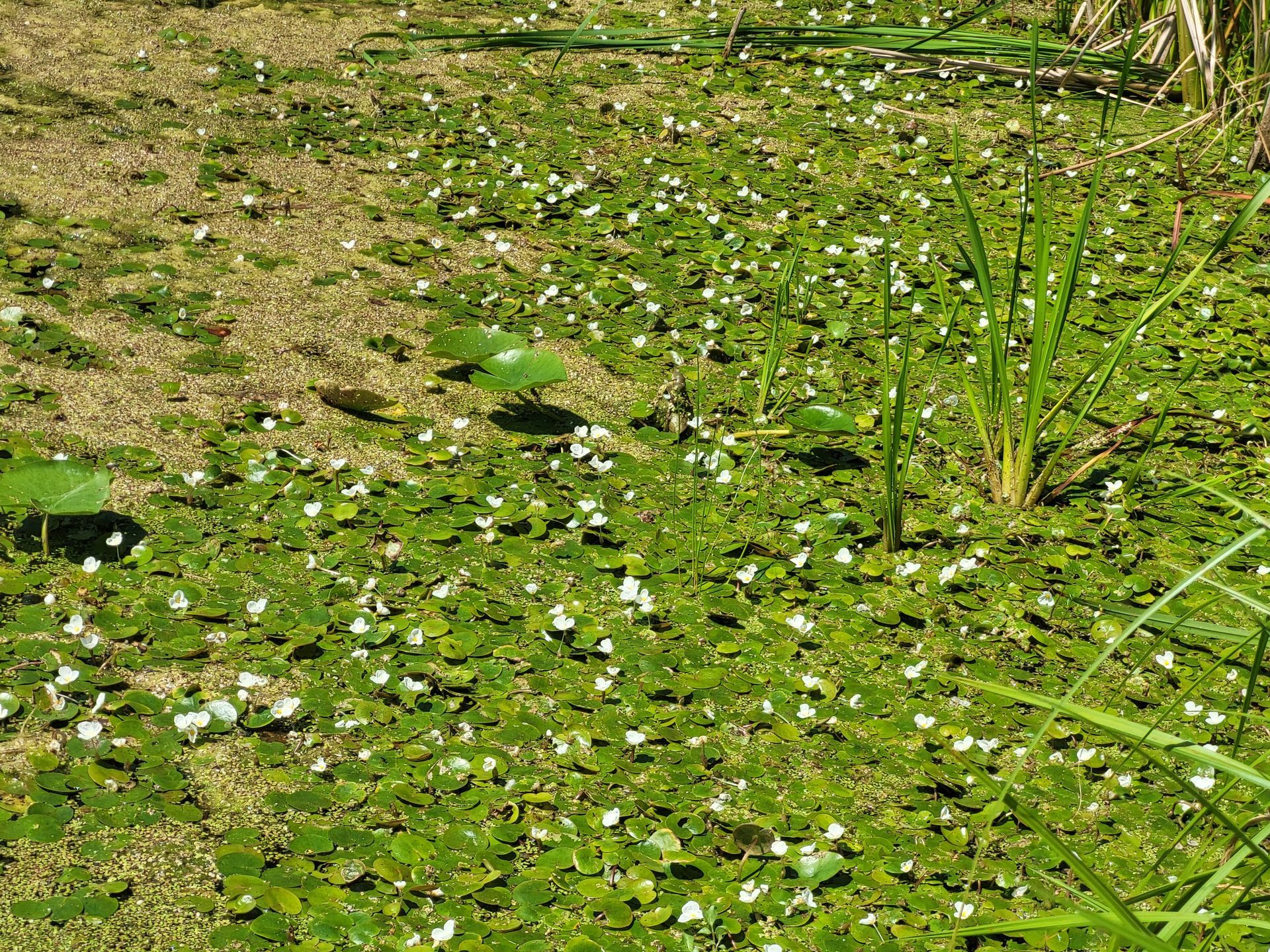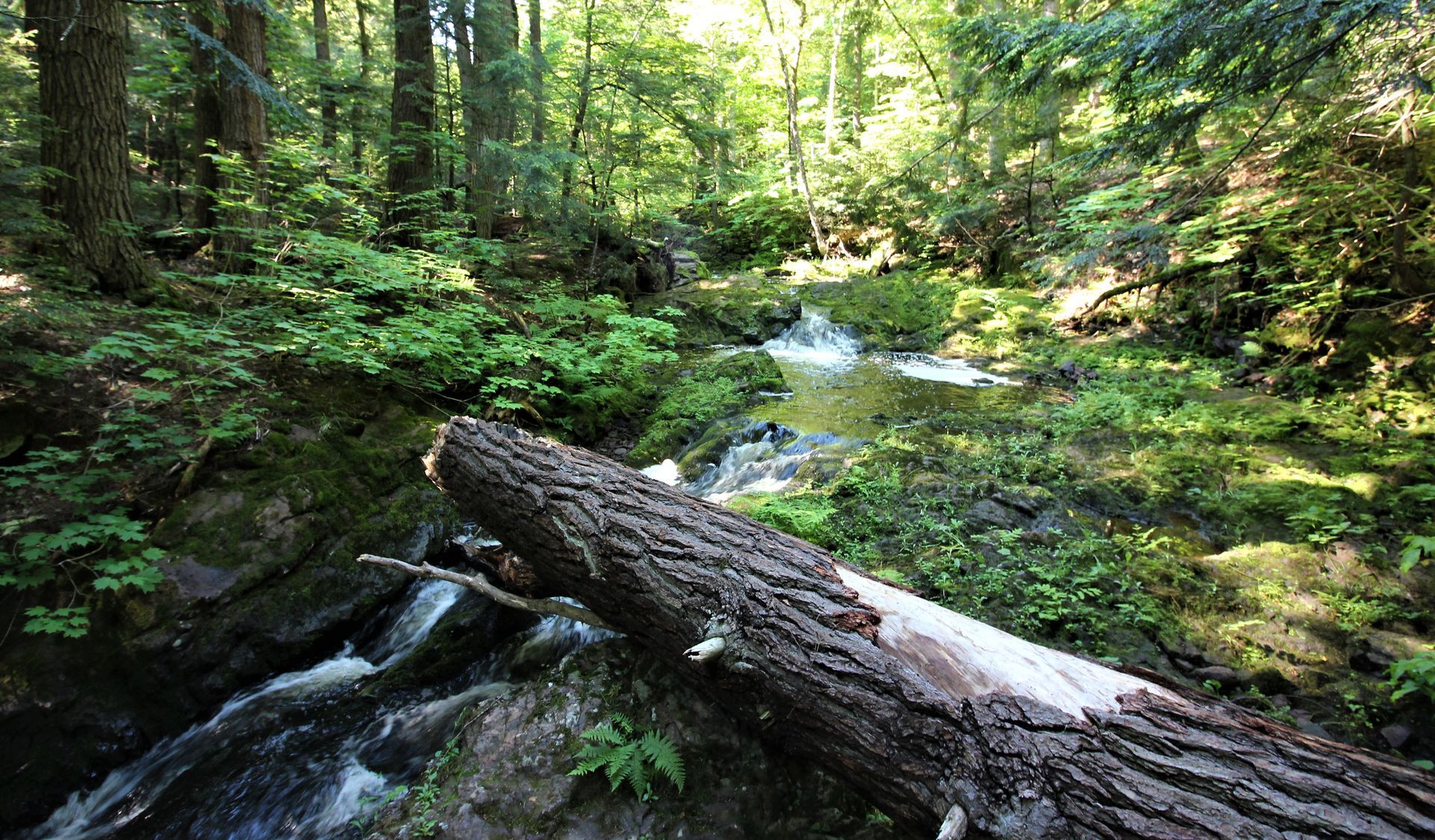National Wildlife Federation Affiliates Vote to Address PFAS Concerns
Recently, delegates to the National Wildlife Federation (NWF) Annual Meeting voted to work to address the impacts of PFAS chemicals on fish, wildlife and human health.
PFAS stands for per- and polyfluoroalkyl substances, which are used in products ranging from firefighting foam and household cleaning products, to consumer goods like non-stick cookware, apparel waterproofing and other similar products. PFAS chemicals are very persistent in the environment – they are nearly impossible to degrade under natural conditions and are known to cause a wide array of health issues in people, and pose risks to fish and wildlife.
NWF is a nationwide conservation organization, with a grassroots foundation that has been forged in its unique relationship with its affiliates, NWF’s “first partners,” the 52 independent conservation organizations spread across the 50 states and territories. Michigan United Conservation Clubs (MUCC) is NWF’s Michigan affiliate and is one of the most active statewide partners across the country.
In many ways, Michigan is a leader in the nation in efforts to identify and clean up sources of PFAS contamination that are hurting people and wildlife. The state of Michigan is currently finalizing a draft rule that would establish some of the strictest PFAS standards for drinking water in the nation, a significant step in protecting Michiganders from PFAS pollution.
But we know more needs to be done, including addressing PFAS pollution in surface water and targeting major sources of PFAS pollution that are impacting people in Oscoda, Belmont, Flint and many more communities across the state.
MUCC was proud to be a sponsor of the resolution to address PFAS pollution and its harmful impacts on people’s health and wildlife, said MUCC Executive Director Amy Trotter.
“PFAS and other ‘forever chemicals’ are a significant area of concern for the conservation community,” Trotter said. “MUCC is proud to be a leader among NWF affiliates on this subject and we look forward to working with them in the future to address PFAS contaminants in fish, wildlife and drinking water. We look forward to sharing both the forward progress and challenges we’ve seen here in Michigan with our partners in other states. We will need to work together in order to minimize the harmful impacts of PFAS chemicals.”
While many concerns surrounding PFAS relate to human health and drinking water, researchers and natural resource managers are also worried about the risks to human health from consuming contaminated wildlife. Michigan has the first, and strongest, wildlife consumption advisory for PFAS in the country. The advisory is specific to all fish and game within Clark’s Marsh in Oscoda, Michigan (adjacent to the former Wurtsmith Air Force Base) and is paired with a White Tail Deer advisory for deer taken within 5 miles of Clark’s Marsh.
“As a conservation organization working closely with local Michigan communities to support clean-up of harmful PFAS chemicals, NWF is committed to do what’s needed to ensure all people have access to safe, clean drinking water – free of chemicals like PFASs,” said Jennifer Hill, Associate Director of NWF’s Great Lakes Regional Center based in Ann Arbor, Michigan.
“Just as importantly, we are committed to understanding how PFAS chemicals are impacting the lakes, streams, and outdoor places we care about,” Jennifer Hill said. “We are still learning how PFAS chemicals impact fish and wildlife, and this resolution from MUCC is a step in the right direction to expand on our knowledge. I look forward to continuing our work with the leadership of MUCC in grappling with how best to protect people and wildlife from PFAS contamination”
For more details on PFAS, check out a recent article from Michigan Out-of-Doors Magazine .
NWF recently released a report detailing PFAS contamination in the environment (including wildlife) in the Great Lakes region and actions states can take now to address threats from PFAS: The Science and Policy of PFASs in the Great Lakes Region.
The post National Wildlife Federation Affiliates Vote to Address PFAS Concerns appeared first on Michigan United Conservation Clubs.
Recent Posts



